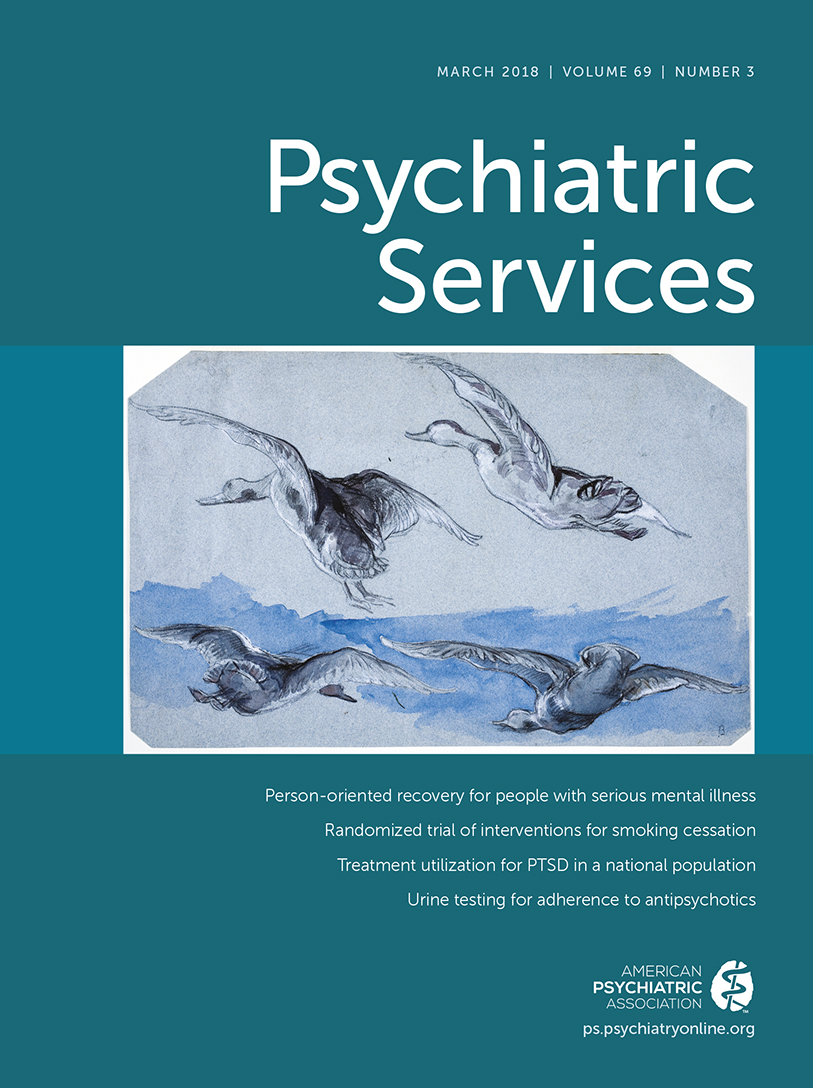Clinical Consensus Recommendations for Urine Testing of Adherence to Antipsychotics Among People With Serious Mental Illness
Abstract
Objective:
This study developed clinical recommendations for the use of proven urine testing technologies to assess antipsychotic medication adherence among people with serious mental illness.
Methods:
Guided by the RAND/UCLA Appropriateness Method, researchers conducted a literature review and semistructured interviews and convened an expert panel to develop clinical consensus recommendations for the use of urine monitoring to assess antipsychotic medication adherence.
Results:
The expert panel identified six circumstances in which urine monitoring was recommended at initial evaluation and five scenarios in which monitoring was recommended after initial evaluation. Conducting monitoring at the site where psychiatric medication is prescribed and providing education prior to testing and feedback after testing were recommended.
Conclusions:
A consensus was reached on clinical recommendations for use of urine monitoring at intake and during ongoing treatment. There was strong agreement that monitoring can be used to improve assessment and thence clinical care and outcomes.



